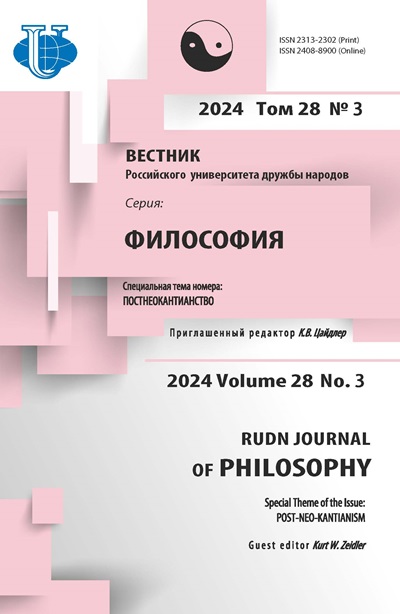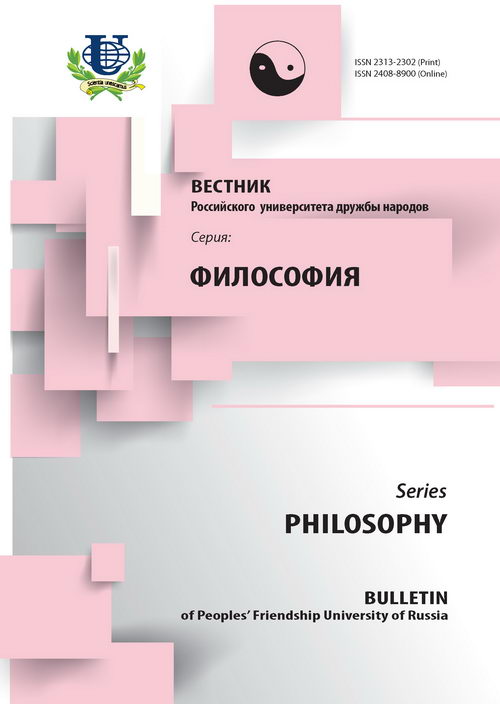Ethical-religious interpretation of poverty phenomenon in M.K. Gandhi’s social philosophy
- Authors: Bitinayte EA1
-
Affiliations:
- Penza State University
- Issue: No 4 (2015)
- Pages: 87-95
- Section: Articles
- URL: https://journals.rudn.ru/philosophy/article/view/11601
Cite item
Full Text
Abstract
Interpretations of poverty phenomenon by Mohandas Karamchand Gandhi are presentet in the article. The picture of ideal society is present in Gandhi’s philosophy as a society with overcome economic inequality and reasonable using of only necessary resources. Based on ambivalent relation to poverty, Gandhi constructs his ideal society. On the one hand, he considers mass poverty as a social problem, caused in economic factors, neglecting of the ethical principles, and weakness of religious faith. On the other hand, he lifts non-possession on the level of ethical value. He hopes, that cultivation of ones can help to achieve a spiritual salvation - moksha .
About the authors
E A Bitinayte
Penza State University
Email: bihelenite@gmail.com
Theory and Practice of Social Work Department Pedagogical Institute named after V.G. Belinsky
References
















